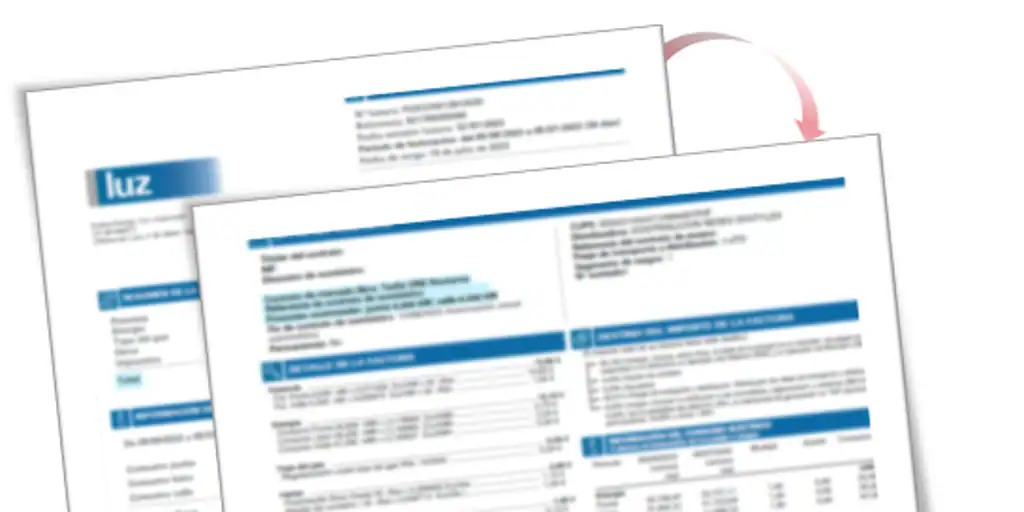VAT growth exceeds the collapse in electricity prices

Electricity bills for all consumers, both at regulated tariffs and for those who have annual contracts, increased from the first day due to the increase in VAT from 10 to 21%, since, as provided by the Ministry of Ecological Transition, the average monthly price of the wholesale market in February (40 euros per MWh) was lower than 45 euros per MWh established by royal decree. The average increase in this tax is at least around 7 euros per month.
This VAT increase comes at a time when electricity prices on the wholesale market have fallen sharply and have been averaging below €10 per MWh for more than a week. There were even days when prices of 0 euros were recorded at half the hours.
However, to the disappointment of consumers, the VAT increase has a greater impact on bills than the reduction in electricity prices. If both factors are taken into account, the increase in bills will be around 4 or 5 euros. It should be emphasized that the VAT increase occurs automatically from March 1, even if consumption was carried out in February.
It should also be remembered that if in March or in the coming months of this year the average price of electricity again exceeds 45 euros per MWh, VAT will be reduced again to 10% within the next month.
From the OCU We note that the average household with a regulated or pvpc tariff (4.6 kW and 292 kWh monthly consumption, i.e. 3500 kWh per year) will pay 51.64 euros in February, but if it includes consumption in March, VAT will be 21%: the February bill will rise to €56.81, reversing this decline in the markets.
OCU estimates that if VAT remains at 21% over time, the average household’s bill will rise by €62 per year due to the tax change.
Faqua appreciates the VAT reduction,” which managed to contain prices and prevent their further rise, but this measure cannot be temporary and must be removed from the vagaries of the market.
Thus, the association insists that it considers it “fundamental that consolidate reduced tax and that the fall in revenue to the public exchequer as a result of this VAT cut could be perfectly offset by an increase in direct taxes, which affect those who earn the most – large companies – so that important issues such as public health and education.
The OCU insists that, in addition, those who have those who have entered into a fixed price will not be able to use a drop in wholesale prices (at least until they resume) and they will see a direct increase in their bills.
“If taxes go up when prices fall, consumers won’t get never did any good low cost of renewable energy sources,” the organization emphasizes.